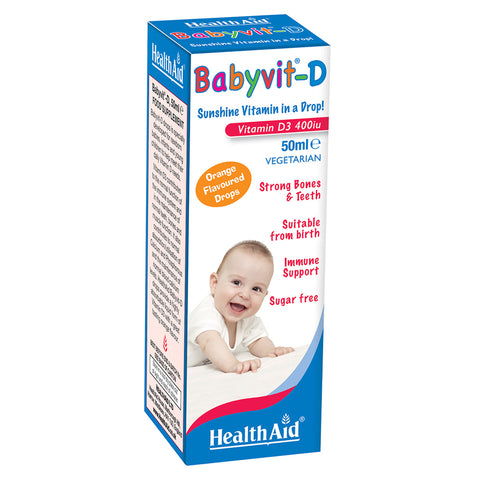Living with irritable bowel syndrome (IBS) can be a daily battle, as those affected often find themselves grappling with a myriad of uncomfortable symptoms that can disrupt their daily routines and quality of life. From unpredictable bowel movements to abdominal pain and bloating, the challenges posed by IBS are diverse and deeply impactful. In this comprehensive exploration, we delve into the daily struggles faced by individuals with IBS and examine the coping mechanisms they employ to navigate through the complexities of this chronic condition.
Unpredictable Symptoms: One of the most significant challenges of living with IBS is the unpredictable nature of its symptoms. Individuals may experience bouts of diarrhea, constipation, or a combination of both, often without warning. This unpredictability can make it difficult to plan daily activities, leading to anxiety and stress about potential flare-ups.
Abdominal Discomfort: Abdominal pain and discomfort are hallmark symptoms of IBS, varying in intensity from mild to severe. The constant presence of discomfort can hinder productivity and concentration, making it challenging to focus on tasks at work or school.
Social Implications: IBS symptoms can have profound social implications, impacting relationships, social outings, and daily interactions. Fear of experiencing symptoms in public settings can lead to social withdrawal and isolation, as individuals may avoid social gatherings or outings to prevent embarrassment or discomfort.
Dietary Restrictions: Many individuals with IBS find that certain foods trigger or exacerbate their symptoms. As a result, they often need to adhere to strict dietary restrictions, avoiding foods high in FODMAPs (fermentable oligosaccharides, disaccharides, monosaccharides, and polyols) or other known triggers. Navigating these dietary restrictions can be challenging, especially in social settings or when dining out.
Impact on Mental Health: The chronic nature of IBS can take a toll on mental health, leading to increased levels of anxiety, depression, and stress. The constant fear of experiencing symptoms and the disruption it causes to daily life can contribute to feelings of frustration, helplessness, and low self-esteem.
Workplace Challenges: Managing IBS symptoms while maintaining productivity at work can be a significant challenge. Frequent bathroom breaks, sudden bouts of abdominal pain, and difficulty concentrating due to discomfort can make it hard to perform effectively on the job. Additionally, the fear of judgment or stigma from coworkers can add an extra layer of stress.
Fatigue and Low Energy: Chronic fatigue is a common complaint among individuals with IBS, likely due to disrupted sleep patterns, persistent discomfort, and the body's constant effort to manage symptoms. Low energy levels can make it challenging to stay motivated and engaged in daily activities, leading to feelings of lethargy and exhaustion.
Medical Expenses: The management of IBS often entails regular doctor's visits, diagnostic tests, and prescription medications, which can contribute to significant medical expenses over time. For individuals without adequate healthcare coverage, the financial burden of managing IBS can add another layer of stress to an already challenging situation.
Impact on Intimate Relationships: IBS can also affect intimate relationships, as the condition may interfere with sexual intimacy and physical closeness. Feelings of embarrassment or discomfort about discussing symptoms with partners can strain communication and intimacy, leading to feelings of frustration and isolation.
Coping Strategies: Despite the daily challenges posed by IBS, many individuals develop coping strategies to help manage their symptoms and improve their quality of life. These strategies may include dietary modifications, stress-reduction techniques such as mindfulness and meditation, regular exercise, and seeking support from healthcare professionals or support groups.
Living with irritable bowel syndrome presents a multitude of daily challenges that can significantly impact physical health, mental well-being, and overall quality of life. From managing unpredictable symptoms to navigating social situations and workplace challenges, individuals with IBS must develop coping mechanisms to help them cope with the complexities of this chronic condition. By implementing a combination of lifestyle modifications, medical treatments, and emotional support, individuals with IBS can work towards minimizing the impact of the condition on their daily lives and finding relief from its burdensome symptoms.







